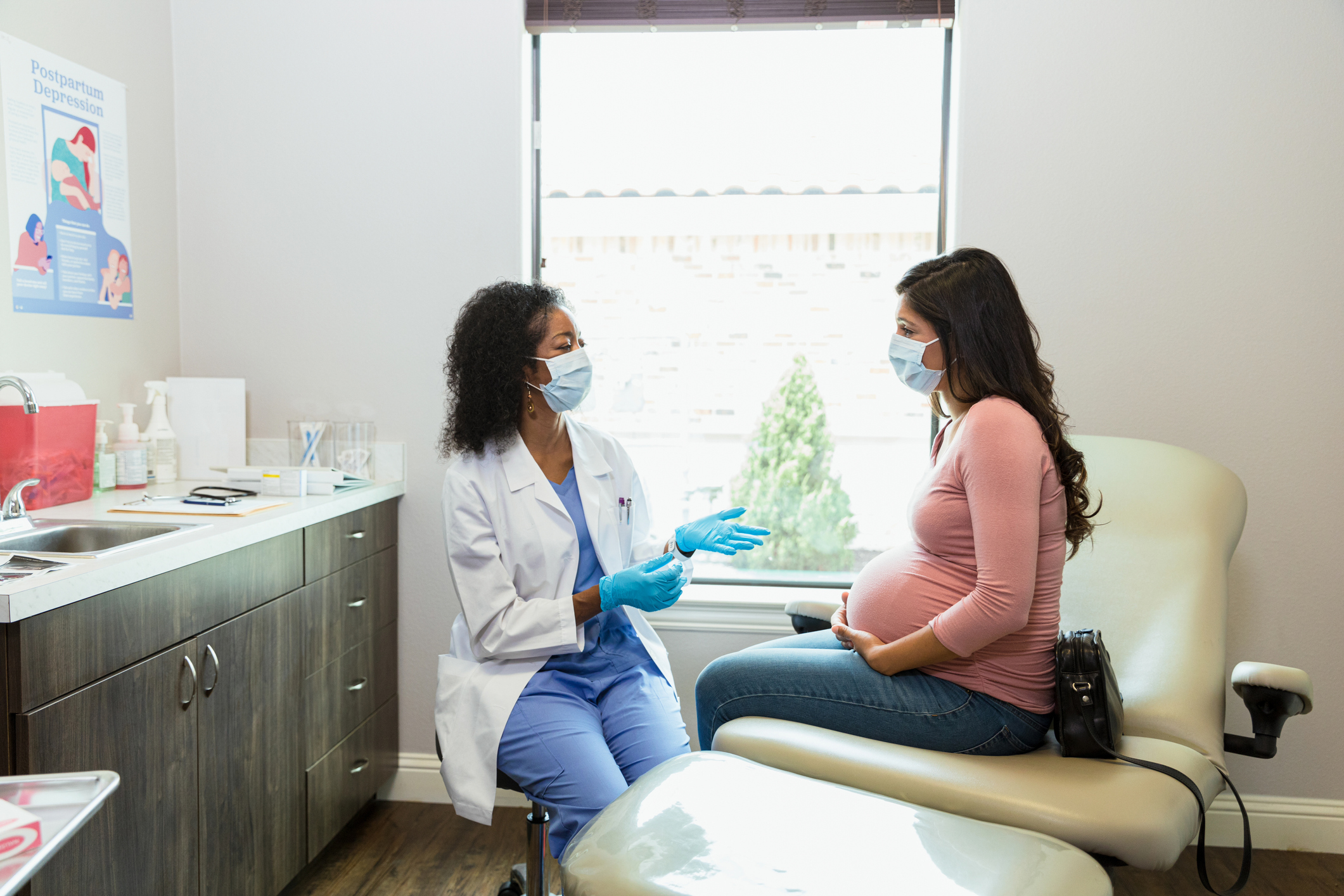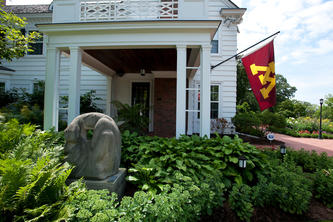
Leaders from the University of Minnesota Medical School and CentraCare discussed with the University’s Board of Regents today their intention to strengthen the organizations’ partnership to improve health for Greater Minnesota residents.
Jakub Tolar, dean of the Medical School and vice president for clinical affairs, along with Ken Holmen, president and CEO of CentraCare Health, detailed how Minnesota’s small towns and rural communities face a daunting challenge — addressing a growing shortage of medical professionals. Without enough qualified healthcare professionals in their local communities, rural Minnesotans more regularly encounter limited access to quality care, including waiting longer for appointments, traveling further to receive inpatient healthcare, and reduced services at local hospitals and clinics due to low numbers of primary and specialty care physicians. Data also show residents in these areas tend to be older and at greater risk of death from myriad health conditions, including heart disease, chronic respiratory disease and injury, which exacerbate the difficult conditions created by staffing shortages.
In light of these troubling trends, Tolar and Holmen shared a vision in which the U of M Medical School and CentraCare increase medical education opportunities in rural communities, areas CentraCare already serves throughout Southwest, Central and West Central Minnesota. Data clearly indicate that training physicians in rural communities supports recruiting these physicians to stay and practice in these communities. The Medical School’s Duluth campus has an established record of recruiting and training students who choose to practice in Greater Minnesota, and this proposed expansion of rural healthcare education will build on those successes.
With Board action on this proposed affiliation anticipated at its February meetings, Tolar and Holmen discussed a number of possibilities. One outcome could be expanding residencies and clinical rotations within CentraCare, including in areas experiencing the most dire shortages in rural communities, such as mental health, pediatrics and general surgery. Another could be a regional campus based in CentraCare facilities, providing U of M Medical School training with a focus on rural providers in St. Cloud. Within this spectrum of possibilities, opportunities for clinical research and clinical partnerships focused on rural health would also be explored.
These two organizations — CentraCare is one of many medical and health collaborators the U of M has across Minnesota — have a successful history of working together to provide superior clinical care and to educate Minnesota’s future physicians, 70% of whom are trained at the U of M Medical School. This expanded relationship will build upon an existing foundation between the U of M and CentraCare that already includes a collaborative residency program dating back more than 25 years with U of M Family Medicine, a training track for health resource services and administration in Willmar and the University of Minnesota Physicians’ collaborative orthopedics practice.
The Board also:
- Approved four collective bargaining agreements covering Teamsters Local 320, AFSCME Local 3260, AFSCME Locals 3800 and 3801, and AFSCME Locals 3937 and 3801.
- Approved amendments to Board of Regents Policy: Commercialization of Intellectual Property Rights after reviewing the proposed language with Vice President for Research Shashank Priya and Rick Huebsch, executive director of the Technology Commercialization office in October.
- Discussed progress toward MPact 2025 enrollment goals with UMD leaders, the third in a series of discussions with the University’s five campuses.
- Reviewed President Joan Gabel’s Recommended 2023 State Capital Request.
- Approved a real estate purchase of 325-329 14th Ave. S.E. in the Dinkytown area of Minneapolis via a new LLC.
- Received the annual report on the University’s research and tech commercialization enterprises from Priya.
- Reviewed potential enhancements to the Board’s public engagement approach, which follows a series of committee discussions on the topic.
- Elected Regent Janie Mayeron as the new vice chair for the Board of Regents, with a term through June 30, 2023.
- Reviewed the University’s annual performance and accountability report, as well as updates on MPact 2025 measures, with Gabel and Executive Vice President and Provost Rachel Croson.
- Discussed public safety on the Twin Cities campus.
- Received the report of the Faculty Consultative Committee (FCC)/Senate Consultative Committee (SCC) from FCC/SCC Chair Colleen Flaherty Manchester.
- Reviewed recommendations from the Eastcliff Property Task Force.
- Approved employment agreements for Jamie Darin Prenkert, the newly appointed dean of the Carlson School of Management, as well as for Gopher Football Head Coach P.J. Fleck and some of his staff.
The Board of Regents is scheduled to meet next on Feb. 9-10, 2023. Visit regents.umn.edu for more information.
- Categories:
- Campus Affairs
- Board of Regents





